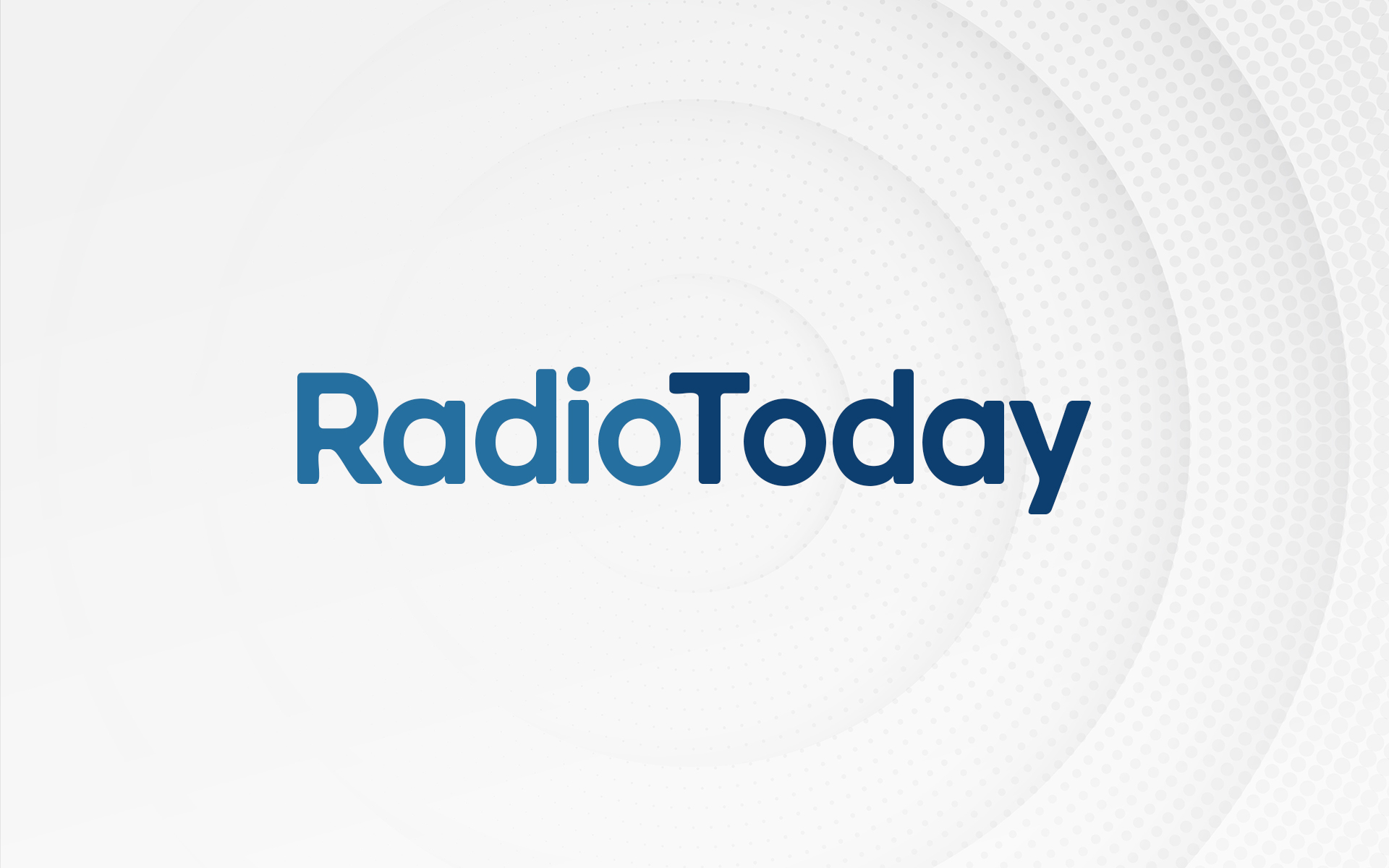
Broadcasting watchdog Ofcom's today launched a major consultation on the future of radio in the UK. The organisation is seeking views on the use of analogue frequencies as well as how best to regulate commercial and community radio stations. That could mean a relaxation of station formats, as well as simplifying the current ownership regulations.
Today’s consultation follows Ofcom’s discussion document published last November and outlines a possible framework which takes into account the ongoing transition of analogue radio listening to digital platforms, including Digital Audio Broadcasting (DAB), digital television and the internet.
Ofcom Chief Executive, Ed Richards, said: "Radio remains important to many consumers, but the environment which it operates in is changing. It is essential that regulation reflects this. The proposals we outline today seek to ensure a vibrant and innovative UK radio sector."
RadioCentre, the industry body for UK Commercial Radio, has welcomed the consultation but also says that a lot of the proposals look as if they would be small steps of deregulation rather than a giant leap forward for the industry.
Chief Exec Andrew Harrison told RadioToday.co.uk, "Our industry represents less than 5% of the overall media market in the UK yet, even with the welcome deregulatory moves proposed today by Ofcom, it will continue to be subject to far too detailed sector-specific rules on ownership, locally produced programming and technical broadcast standards. We’re just not convinced that’s appropriate in a modern, market-led, multi-platform world."
He also told us they'd be urging Ofcom to make sure that the result of this consultation is a set of proposals that'll allow commercial radio to make the transition to digital, whilst at the same time keeping "a very special place in the hearts and minds of listeners."
Ofcom say there are three key areas:
[b]Regulation of commercial radio[/b]
Most regulation of commercial radio is currently focused on analogue local stations. As the proportion of listening on digital platforms increases Ofcom believes it makes sense to align the regulation of analogue radio with the regulation of DAB.
Ofcom proposes simplifying the level of detail required in analogue Formats, which specify the type of programming and the amount of local material a station must produce, and standardising the requirements for local material in programming based on the size of station.
These changes would allow stations to re-focus their local investment to meet listener needs more effectively. At the same time, the regulatory obligations imposed on smaller commercial radio stations would be reduced.
Ofcom also suggests that Government may wish to consider simplifying the current ownership rules, which currently apply in different ways to analogue and digital stations. Ofcom suggests moving to a single set of ownership rules across platforms as digital listening increases. Simplifying the ownership rules would provide greater flexibility for industry, and maintain listeners’ access to services and content from different providers.
[b]Regulation of community radio [/b]
Ofcom has licensed 122 new community radio services to date. The level of regulation, such as funding restrictions and statutory licensing criteria, imposed upon these small stations is very high. Ofcom is seeking views on how the selection criteria, and ownership and funding rules in this area could be amended to reduce regulation. This will inform Ofcom’s work to prepare a report on community radio for the Secretary of State later this year.
[b]Future use of analogue radio spectrum [/b]
Current trends suggest that 90% of all radio listening will be via digital platforms by 2017. At present, there are no plans to switch-off analogue (FM and AM) radio. Ofcom’s consultation seeks views on changes which could free-up spectrum, currently used by analogue radio services, at an appropriate time in the future.
Existing analogue commercial radio licences will expire between 2009 and 2027, depending upon the date of issue. Under current legislation, these licences would be re-advertised. However, in the future this spectrum might be better used for other services such as mobile television, more digital radio, more community radio services or other new technologies.
To avoid the possibility of inefficient spectrum use, Ofcom believes that Government and Parliament may wish to consider how to allow Ofcom to achieve common end-dates for all FM and AM licences. This will be a key question as digital radio listening continues to grow. Ofcom’s consultation sets out a suggested approach for achieving common end-dates, which includes extending existing licences for an indefinite period; making any licences extended in this way subject to two years’ notice of termination; and removing the automatic renewal for analogue licences whose holders are also offering a DAB service on a relevant radio multiplex.
In addition, Ofcom proposes two separate reviews of all analogue radio services – the AM (Medium Wave) spectrum in 2009; and the FM spectrum in 2012 or when digital listening accounts for 50% of all listening. Both reviews would consider future use of analogue spectrum and set common end-dates for existing services (commercial and BBC). These reviews would include a full assessment of the costs and benefits, taking into account the needs of consumers, including the most vulnerable members of society.
The closing date for responses to Ofcom’s consultation is [b]29 June 2007[/b]. Click [link=http://www.ofcom.org.uk/consult/condocs/futureradio/]here[/link] for the full consultation.
[link=https://radiotoday.co.uk]RadioToday.co.uk – non-stop radio news[/link] radionews@tmssvr.co.uk or call 0871 315 6 315


